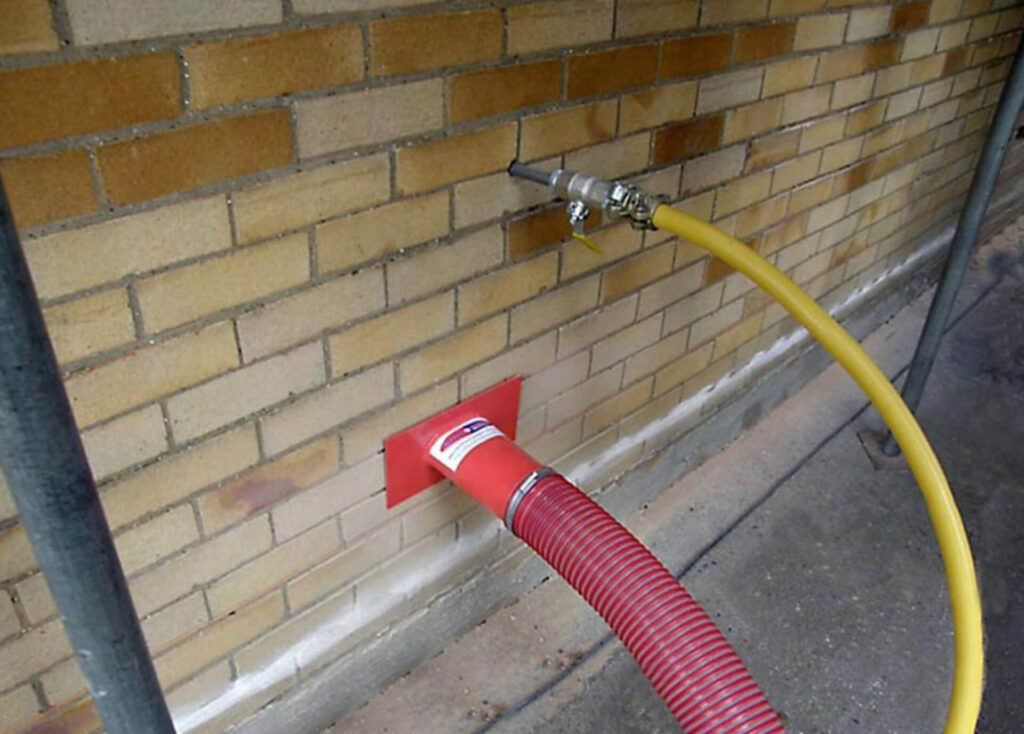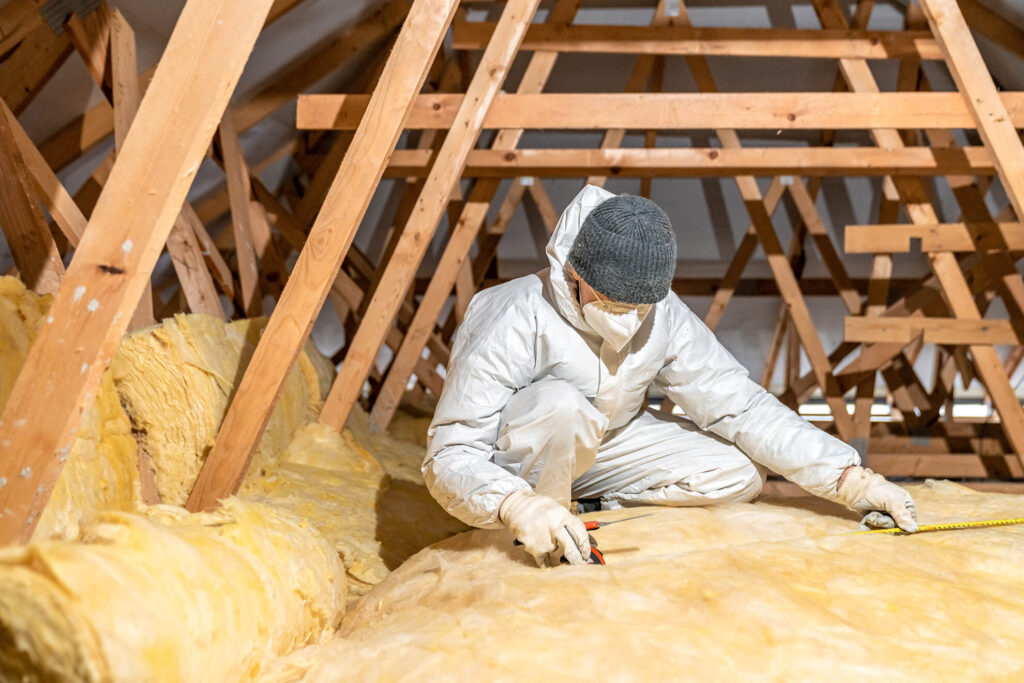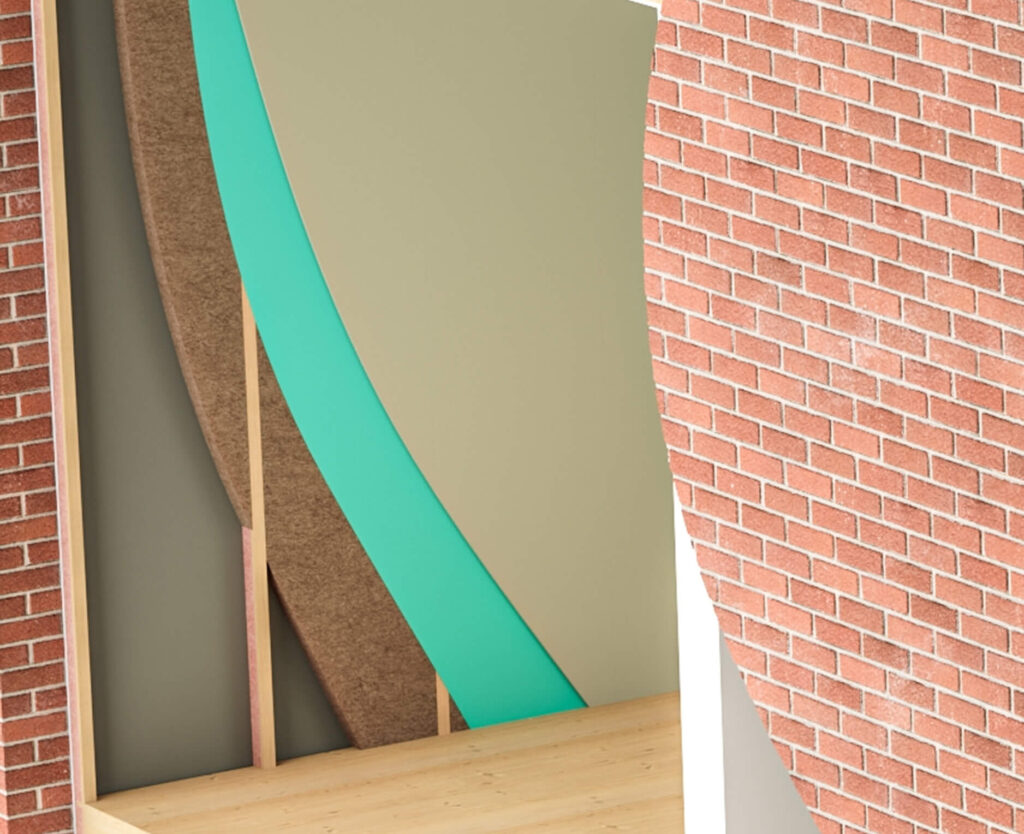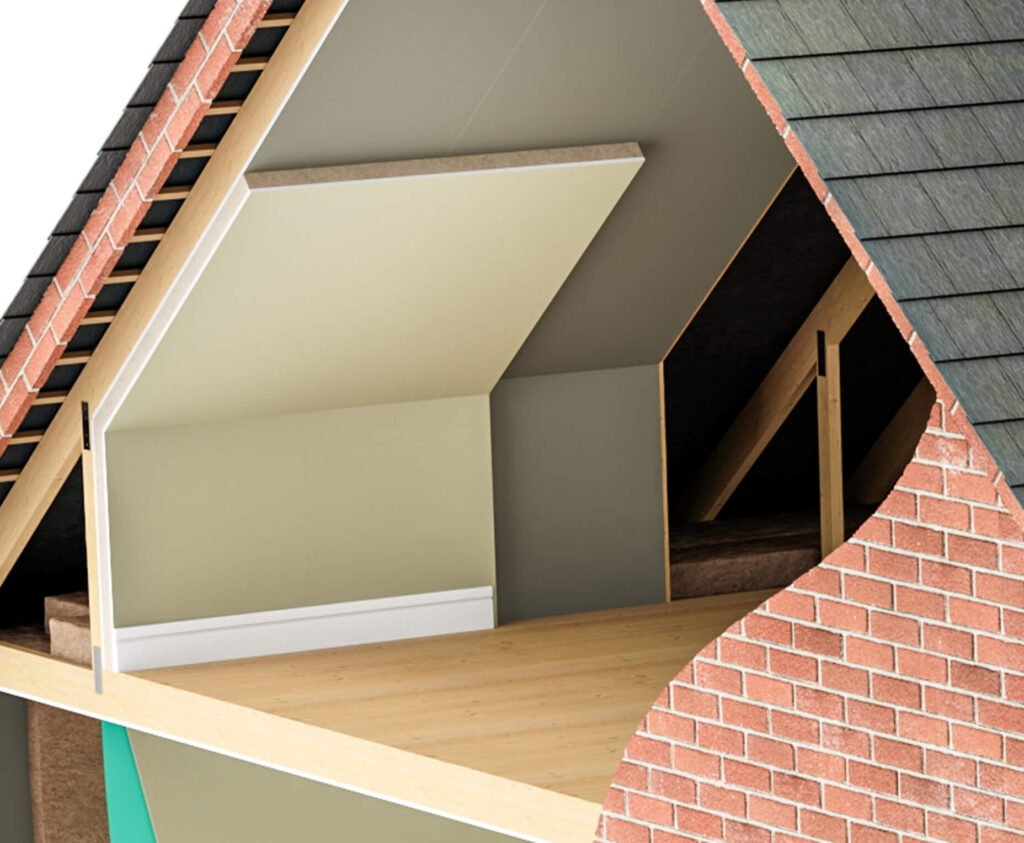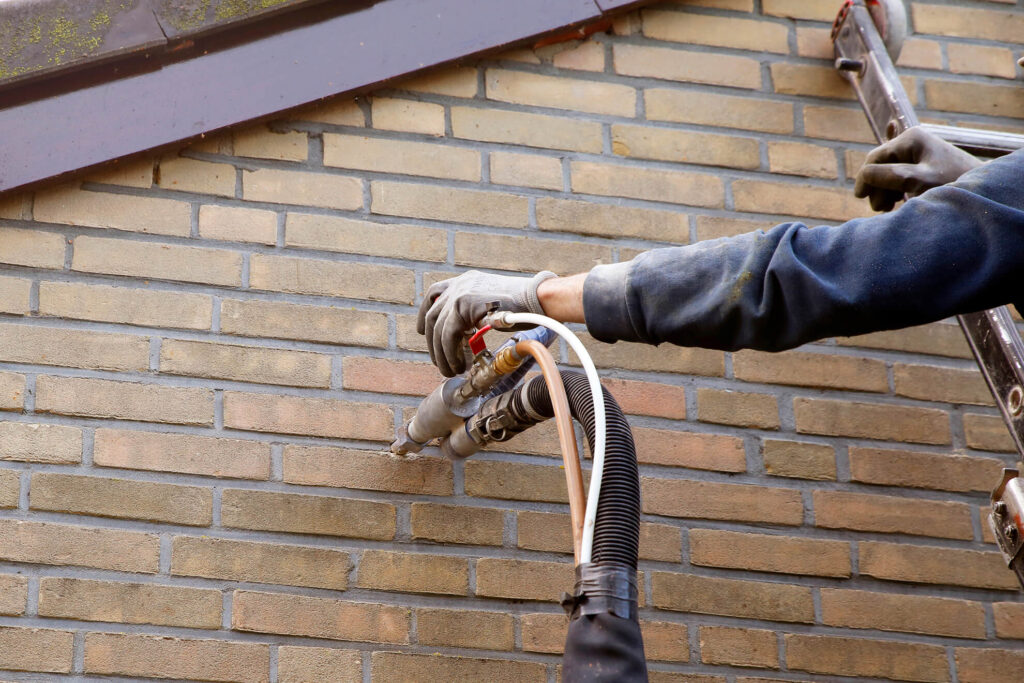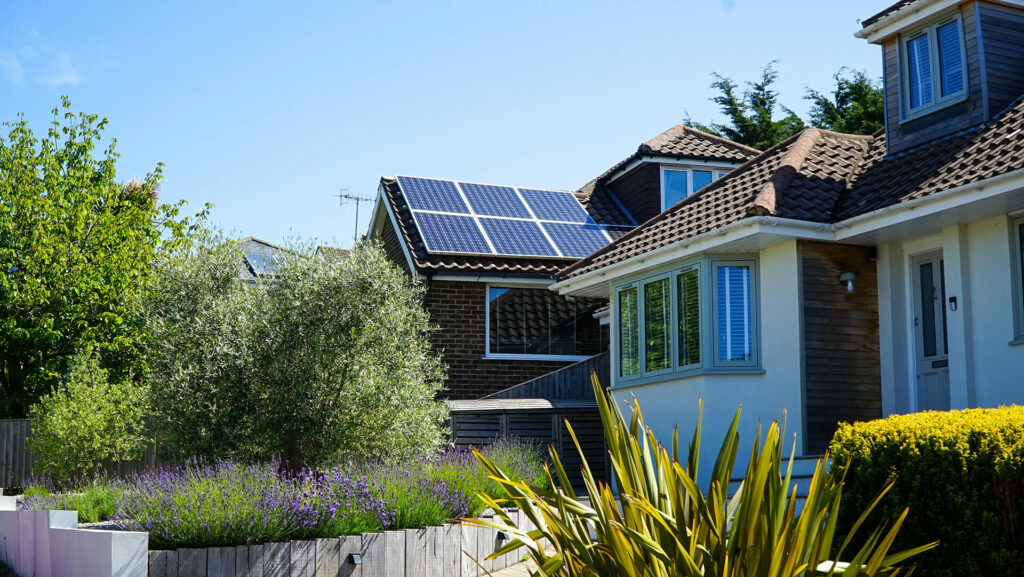Air Source Heat Pumps (ASHPs) offer a more sustainable way to heat your home and water. Moving away from gas and oil boilers and transitioning to renewable energy technology not only helps lower carbon emissions across UK homes, but households also benefit from a warmer, more comfortable, and energy-efficient home, which helps keep your home warmer in the winter months and cooler when you need it the most, in summer.
What is an air source heat pump?
Air source heat pumps have, effectively, two parts: the outdoor and indoor units. The outdoor unit contains a fan, a coil, and a compressor, while the indoor unit comprises a heat exchanger and a distribution system.
How does an air source heat pump work?
Air source heat pumps convert the air from outside into heating and hot water in your home. The process is similar to that of an air conditioner, but in reverse. The pumps absorb air from the outdoor unit, which has a fan that draws in the outside air. This air passes over the coil, which contains a refrigerant. As the air comes into contact with the refrigerant, it transfers its heat to the refrigerant. The refrigerant, now heated, is then compressed by the compressor, which further increases its temperature and, in turn, heats the air or water inside your home via a heat exchanger and is then distributed through your home’s heating system, ductwork, or underfloor heating.
The refrigerant eventually condenses into a liquid once more, and the process can start all over again – making this a renewable form of energy. To cool your home during the warmer months, the process works in reverse with the indoor unit extracting heat from the air inside your home and transferring it outside.
Different types of air source heat pumps
The two most common forms of low-carbon energy technology are the air-to-air heat pumps and the air-to-water heat pumps.
Air to air heat pumps
Air-to-air heat pumps are the most straightforward option, extracting heat from the air outside and distributing it directly to the air inside your home. This type of heat pump is often used in conjunction with a forced-air distribution system, such as ductwork, to distribute the heated air.
Air to water heat pumps
On the other hand, air-to-water heat pumps use water to distribute heat throughout your home. The heat pumps extract heat from the outside air and transfer it to a water-based system, providing central heating through radiators and underfloor heating. They even heat your hot water, all without a separate system.
Geothermal heat pumps
This renewable heating option extracts heat from the ground. While these systems can be more efficient, extensive excavation is typically required, which makes them more expensive to install.
What if the air outside is too cold?
As the air source heat pumps absorb air from outside through the refrigeration process, they will continue to operate even when the outdoor temperature is as low as -15 degrees Celsius, so there is no need to worry about them functioning well during the cold winter months. In fact, one of Europe’s coldest countries during the winter, Norway, is leading the way with the most air-source heat pumps installed per person, with over 60% of homes using air-source heat pumps for their home heating needs.
The UK aims to increase the number of air source heat pump installations by 600,000 per year by 2028. In the UK Government’s drive towards net zero, heating in UK homes needs decarbonisation, as they currently account for around 25% of greenhouse gas emissions. The Low-Carbon Heat Scheme and Boiler Upgrade Scheme grants are expected to help with achieving this increased installation goal.
5 air source heat pump benefits
Energy efficiency
Air source heat pumps convert a small amount of electricity into a large amount of heat, requiring only the energy needed to run the compressor and circulating pump, proving highly efficient in providing your home with more heat than it takes to operate the unit.
Versatility
Air source heat pumps both heat and cool your home, providing a comfortable temperature all year round.
Good for the environment
By generating renewable energy from the air, this sustainable heating solution reduces our reliance on fossil fuels to heat our homes, but more than that, through the installation of air source heat pumps in our homes, we can enjoy a cleaner environment in the future.
Long lifespan
With proper maintenance, air source heat pumps are a reliable and durable investment for homes, lasting up to 20 years or more.
Easy to install
No planning permission is required to fit an air source heat pump in your home, and with SmartStone-certified installers, the process is straightforward.
Comparing air source heat pumps with other heating systems
Is an air source heat pump right for your home? Let’s examine the other heating systems to understand their advantages and any limitations.
Gas or oil boilers
Air source heat pumps, which provide similar heating levels to gas or oil boilers, are more cost-effective to run and offer reduced carbon emissions, making them a more environmentally friendly and energy-efficient method for heating your home.
Electric resistance heating
Typical examples of electric resistance heating include space heaters and home heaters, where the electric current flows through a heating element (typically a coil) that heats the room via radiant heat and air circulation. They tend to be more expensive to operate, and the energy normally comes from fossil fuel sources. Whereas air-source heat pumps move heat rather than generate it, they are more energy-efficient.
Cost of air source heat pumps and savings
One of the significant advantages of having an air source heat pump is the potential for reducing the costs of heating your home. These savings will vary depending on several factors, including location, existing heating system, insulation, and energy prices. The cost of installing an air source heat pump in your home begins with assessing the size of your house and evaluating the insulation measures you already have in place. It is said that, on average, air source heat pumps can reduce heating costs by 30-50% compared to traditional heating systems, resulting in significant savings over the system’s lifespan.
Additionally, government incentives and grants are available to promote the adoption of air-source heat pumps. These incentives can help to offset the initial installation costs, making the technology more accessible to all homeowners.
Heat pumps energy grants
With funding available for the decarbonisation of heating over 30 million homes and businesses throughout the UK within 25 years, switching to air-source heat pumps to heat your home could qualify you for government grants and incentives. Eligibility for these government grants and incentives can further offset the initial investment.
You may be eligible for funding through the Boiler Upgrade Scheme, which could help towards the cost of insulation for an air source heat pump. Your property must be fully insulated to qualify, and you must not have previously had a wet central heating system.
Don’t worry if you’re not sure about your home’s insulation levels; our team can check your eligibility for funding and help determine whether an air source heat pump is the right choice for your property.
